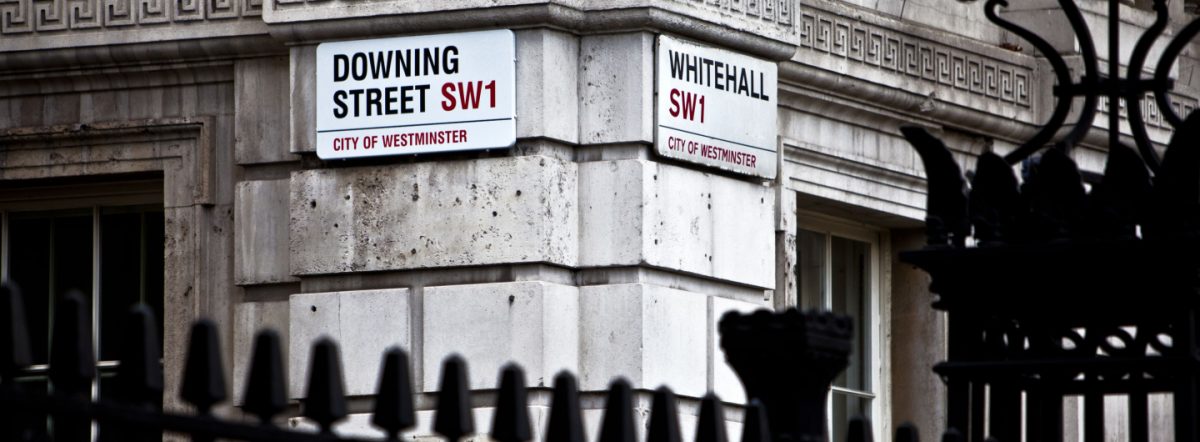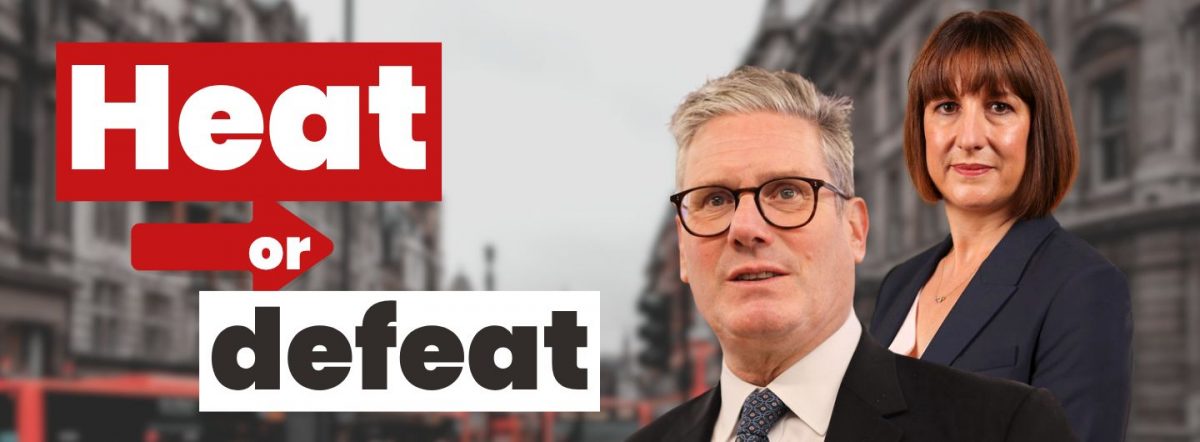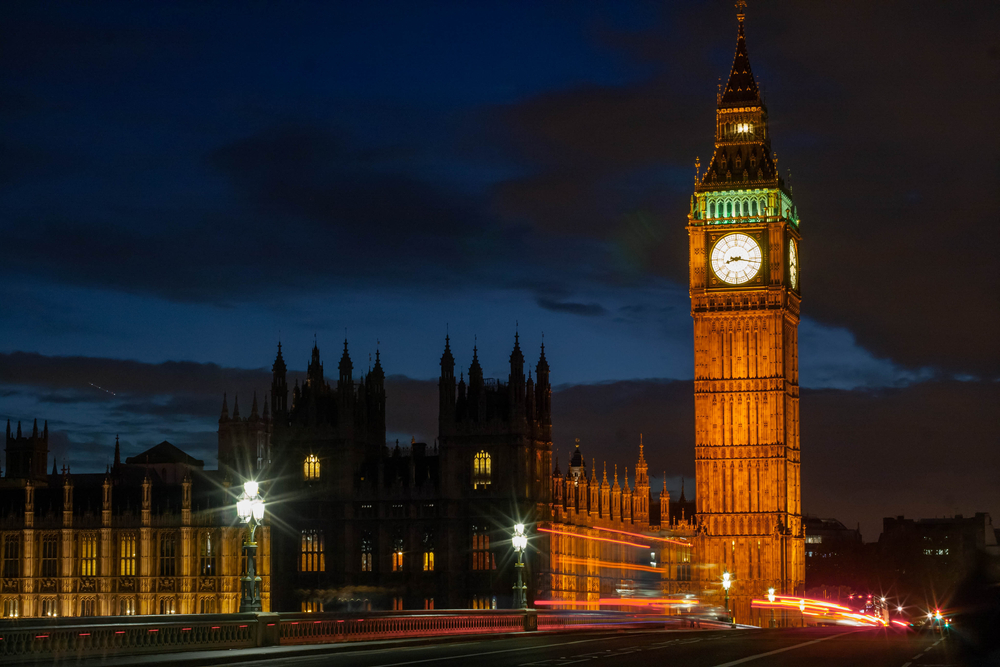The End Fuel Poverty Coalition has welcomed the Government’s decision to honour its full £13.2 billion manifesto commitment to fund the Warm Homes Plan.
The announcement in the Comprehensive Spending Review comes after sustained pressure from health experts, anti-poverty campaigners and public polling that showed strong voter support for keeping the pledge.
The funding will go towards improving energy efficiency in five million homes through grants and low-interest loans for insulation, solar panels, battery storage, and clean heating systems.
An End Fuel Poverty Coalition spokesperson said:
“Today’s £13.2bn warm homes boost to insulation and energy efficiency funding is a huge step forward for households suffering in cold damp homes.
“It also comes on top of recent announcements that every new home will benefit from inbuilt renewable energy generation via the Future Homes Standard and millions of pensioners will have their Winter Fuel Payments restored.
“But this is not the end of the crisis as energy bills are still too high – hundreds of pounds a year more than in 2020.
“The Government must now act to support all homes in fuel poverty through a ‘social tariff’ and to bring down the cost of electricity in a fair way for everybody.
“That means implementing a proper plan for electricity pricing reform, including scrapping marginal pricing so that the expensive cost of gas no longer sets the electricity price for the whole market.
“We also need real reform of Standing Charges – a measure backed by all main parties ahead of the last election – so that vulnerable high energy users such as older and disabled people are not unfairly penalised by the system.”
The Coalition also welcomed the replacement of the Household Support Fund with a new multi-year Crisis and Resilience Fund for local authorities to draw on.
However, campaigners warned that deeper systemic reforms are still needed to fully end fuel poverty — especially for disabled people and carers, who continue to face the threat of looming cuts to social security that could plunge hundreds of thousands into hardship.
Jonathan Bean of Fuel Poverty Action said:
“The Warm Homes Plan sounds good but without affordable energy prices millions will still suffer in under-heated homes. The extra energy needs of disabled people are being ignored, whilst their incomes are being slashed.”
The funding breakdown of the Warm Homes Plan is expected to include support for social housing decarbonisation, home upgrade loans, insulation grants, and local authority-led retrofit schemes. Crucially, the Coalition has stressed that the £13.2bn must be additional to existing schemes like the Energy Company Obligation (ECO) and Great British Insulation Scheme (GBIS), which should continue to run in parallel.
National Energy Action Chief Executive Adam Scorer said:
“The cost and suffering of cold homes and unaffordable energy bills will only be beaten in the long-term through investment in home energy efficiency. It’s welcome that the Warm Homes Plan will be receiving the full Labour manifesto funding commitment.
“£13.2 billion can support a Plan focused on those in the least efficient homes and on the lowest incomes. This can result in life-changing outcomes for the most vulnerable households, helping us drive economic growth, reduce pressure on health services and meet legal targets, in turn setting us on a path towards a fair and affordable transition to net zero.
“We now have the financial commitment; now comes the time to deliver for the most vulnerable households.”




